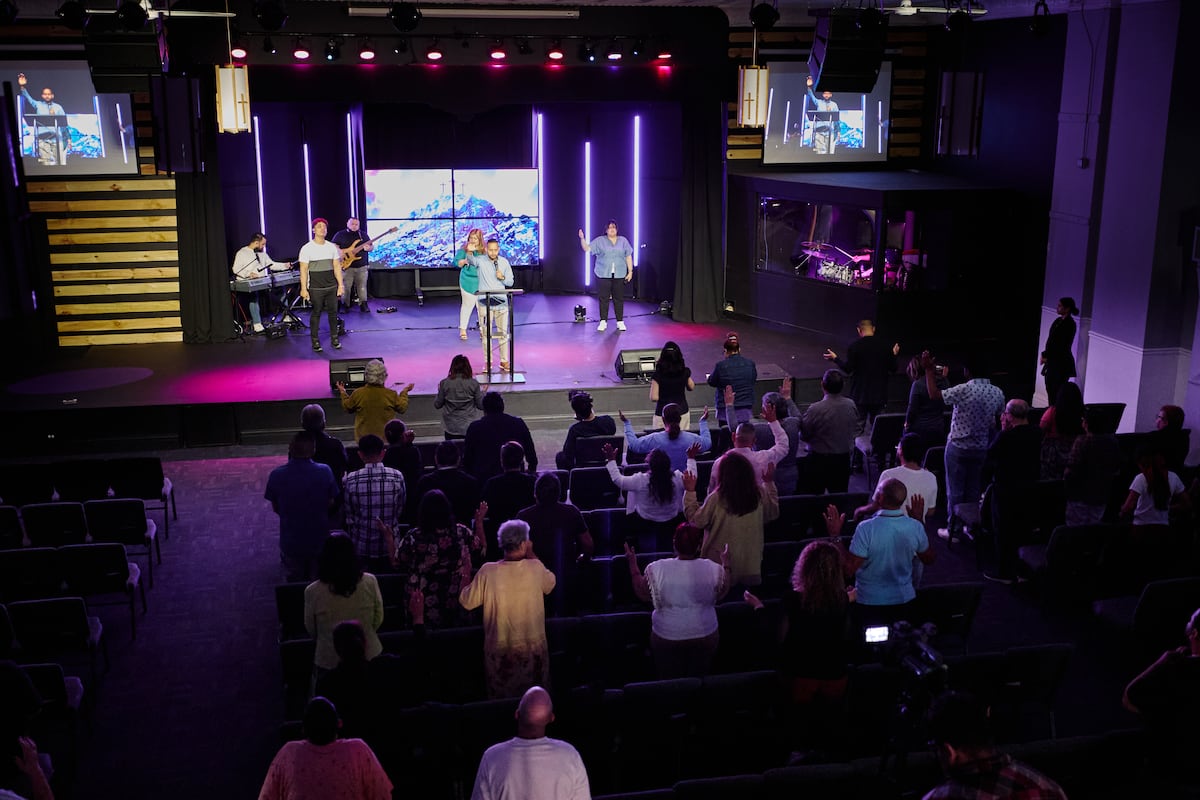The Christian faith among Latinos is on the rise as the country becomes less and less religious. Fueled by new immigrants and a community in search of belonging, it points to the growing conservatism among the traditionally Democrat voter base
A Sunday sermon in a Latino evangelical church in the United States takes place between moving songs with a live band and speeches from a pastor who uses familiar, even colloquial, language. It is not a particularly solemn event. The only thing that makes it similar to Mass is the constant mention of Jesus. Empirical evidence says that this is a good for the church’s goal, which is one of the foundations of evangelism: increasing followers.
While other religious denominations are losing members, the Latino evangelical churches are growing at a remarkable pace. It is a phenomenon that is going a little under the radar — religion in general is of less and less interest — but that, in a planned way, is changing the balance of religion’s immense power in the United States. It is also fragmenting the Latin electorate, traditionally closely aligned with Democrats: amid the rise of evangelism, these voters are becoming increasingly conservative.



Evangelical just means “against the teachings of Jesus Christ”.